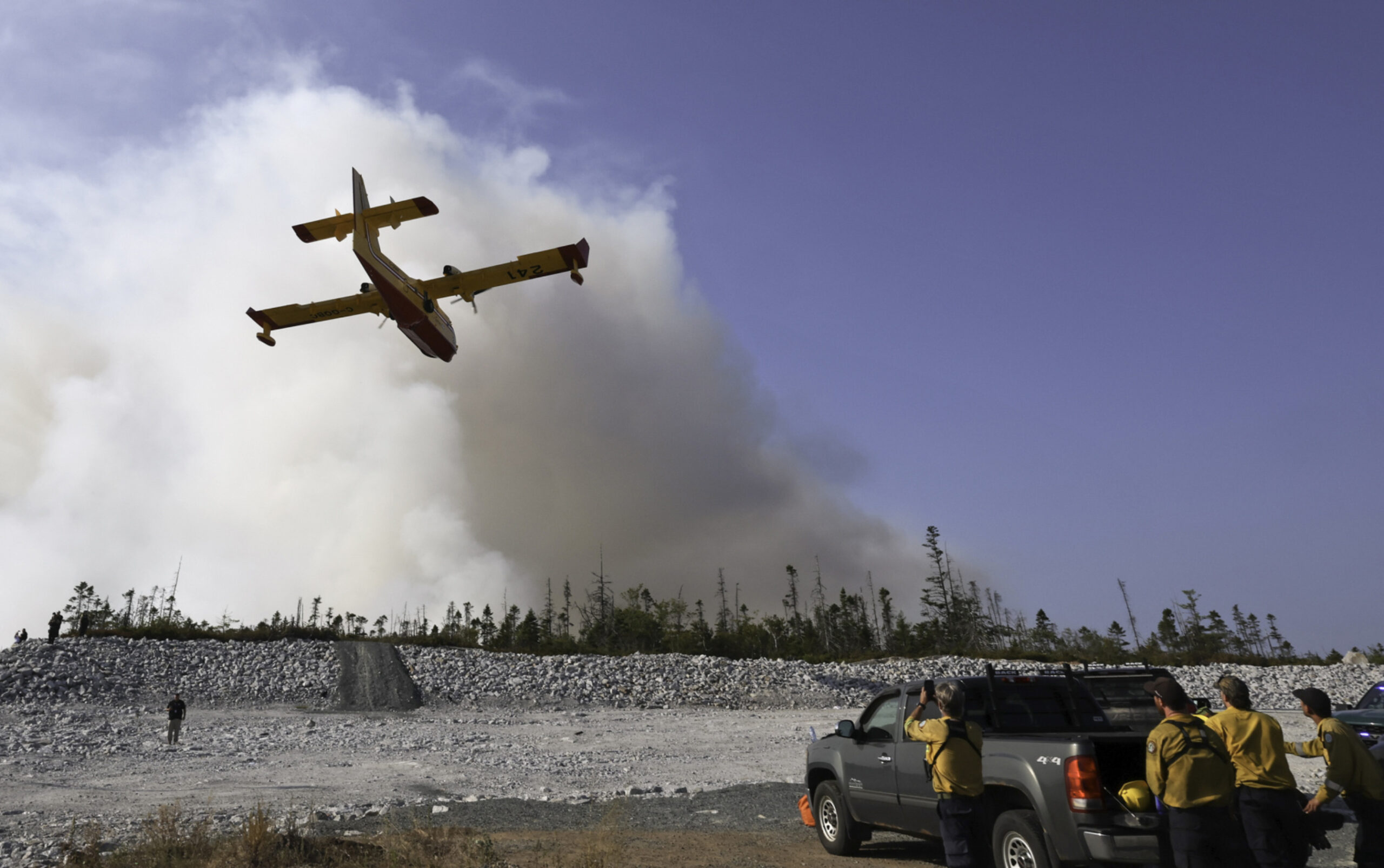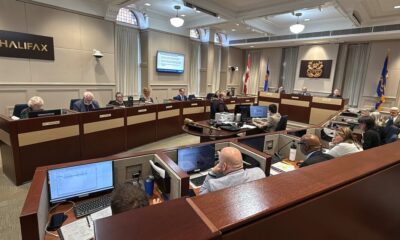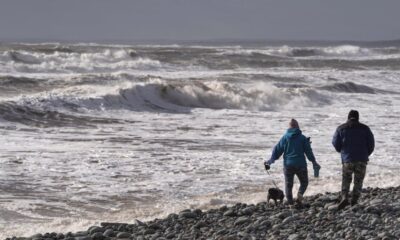Politics
Balancing Individual Freedom and Collective Safety in Nova Scotia

In response to increasing wildfire risks, the province of Nova Scotia has implemented a temporary ban on activities such as hiking, fishing, and using all-terrain vehicles (ATVs) in wooded areas. This decision, made in light of exceptionally dry conditions this summer, has sparked a heated debate about the balance between individual freedoms and the collective good.
The ban, which includes a significant penalty of up to $25,000 for violations, aims to mitigate the risk of wildfires that threaten both public safety and the local environment. As of August 13, 2023, approximately 12 individuals have already faced fines for disregarding the restrictions. Premier Tim Houston emphasized the seriousness of the situation, stating, “It’s just too serious of a situation by now.”
Public Safety vs. Individual Rights
Critics of the ban, including the Canadian Constitution Foundation (CCF), argue that such measures reflect a troubling trend towards excessive government control under the guise of safety. CCF litigation director Christine Van Geyn condemned the ban as an example of “safetyism” and creeping authoritarianism. The organization announced plans to sue Nova Scotia, calling the travel restrictions “unjustified.”
“Governments have fallen in love with the idea of safety above all,” Van Geyn said, emphasizing the importance of defending constitutional rights. The CCF seeks to challenge what it views as arbitrary policies that infringe on individual freedoms. This stance resonates with many who feel that the balance of rights has shifted too far in favor of government intervention.
In contrast, supporters of the ban stress the necessity of such regulations during a time of heightened risk. They argue that the collective safety of communities must take precedence over individual liberties when faced with clear dangers, such as wildfires. This ongoing debate reflects broader societal tensions regarding the limits of personal freedom.
Historical Context of Freedom and Authority
The discussion surrounding individual rights versus collective safety is not new. Philosophers like Plato debated these issues more than 2,500 years ago, contending that the needs of society should supersede individual freedoms. While Plato’s ideas may not align perfectly with contemporary democratic values, the core questions he raised continue to challenge modern governance.
In the context of the current pandemic, similar tensions surfaced over government-imposed public health measures, including vaccination and mask mandates. The necessity of balancing personal choice with community health became a focal point of contention. As we navigate these discussions, it is essential to reflect on the historical precedents that shape our understanding of freedom and authority.
Additionally, the enforcement of fire bans in other regions, such as Manitoba, indicates a recognition of the real dangers posed by unchecked human activity during high-risk periods. Many rural residents understand the devastating impact that wildfires can have and generally support reasonable restrictions to prevent such disasters.
The question remains: at what point do individual rights yield to the imperative of public safety? As Nova Scotia grapples with this dilemma, the ongoing discourse will likely influence how policies will be shaped in the future. The need for a nuanced approach that considers both personal freedoms and community welfare is more pressing than ever.
-

 Politics4 weeks ago
Politics4 weeks agoSecwepemc First Nation Seeks Aboriginal Title Over Kamloops Area
-

 World5 months ago
World5 months agoScientists Unearth Ancient Antarctic Ice to Unlock Climate Secrets
-

 Entertainment5 months ago
Entertainment5 months agoTrump and McCormick to Announce $70 Billion Energy Investments
-

 Science5 months ago
Science5 months agoFour Astronauts Return to Earth After International Space Station Mission
-

 Lifestyle5 months ago
Lifestyle5 months agoTransLink Launches Food Truck Program to Boost Revenue in Vancouver
-

 Technology3 months ago
Technology3 months agoApple Notes Enhances Functionality with Markdown Support in macOS 26
-

 Lifestyle3 months ago
Lifestyle3 months agoManitoba’s Burger Champion Shines Again Amid Dining Innovations
-

 Top Stories2 months ago
Top Stories2 months agoUrgent Update: Fatal Crash on Highway 99 Claims Life of Pitt Meadows Man
-

 Politics4 months ago
Politics4 months agoUkrainian Tennis Star Elina Svitolina Faces Death Threats Online
-

 Sports5 months ago
Sports5 months agoSearch Underway for Missing Hunter Amid Hokkaido Bear Emergency
-

 Politics5 months ago
Politics5 months agoCarney Engages First Nations Leaders at Development Law Summit
-

 Technology5 months ago
Technology5 months agoFrosthaven Launches Early Access on July 31, 2025




















